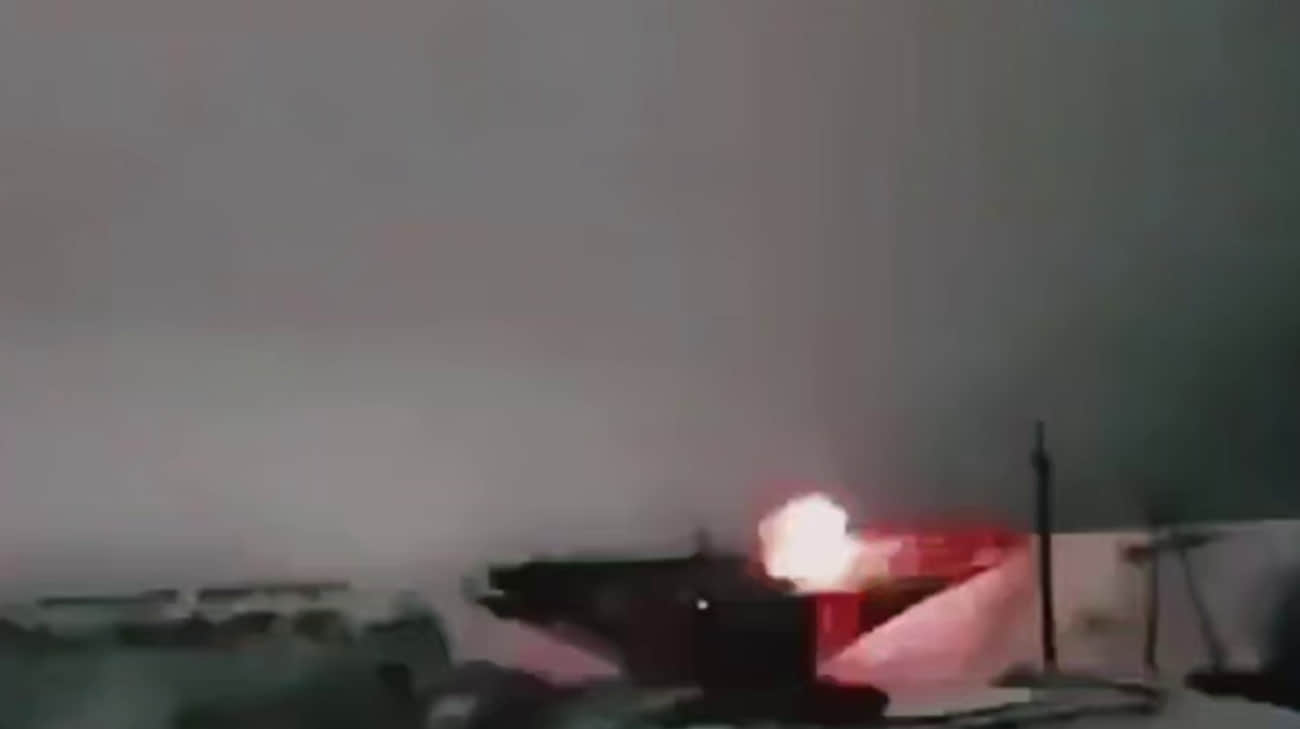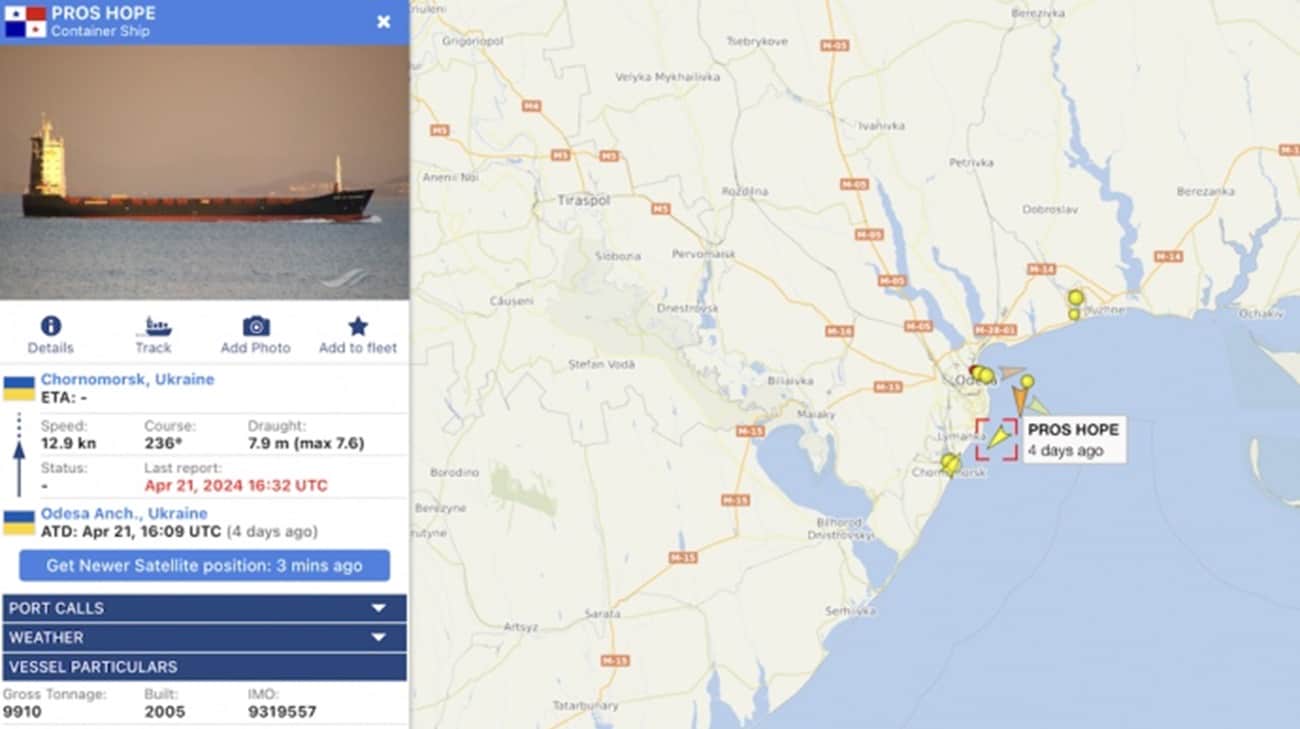European court validates Ukraine’s ban on St. George ribbon, Russian war symbol
While Russia enshrines the St. George ribbon as a symbol of military glory, Europe's top human rights court has endorsed Ukraine's decision to ban the contested symbol, noting its transformation from a World War II remembrance into a marker of Russian aggression.


The European Court of Human Rights (ECHR) has rejected a complaint challenging Ukraine’s ban on the public use of the St. George ribbon in the case Borzikh v. Ukraine, European Pravda reports, citing the court’s decision.
The St. George ribbon was once a common symbol in Ukraine during events commemorating victory in World War II. However, since 2014, it has been replaced by the red poppy, reflecting a shift tied to the annexation of Crimea and the conflict in the Donetsk and Luhansk regions, where the ribbon was used by armed groups opposing Ukrainian forces. Following Russia’s full-scale invasion on 24 February 2022, the Russian military continued to employ the ribbon alongside the “Z” and “V” symbols.
The Borzikh v. Ukraine case revolved around a 2016 Ukrainian law banning the public use of the St. George ribbon as part of a broader prohibition on the public display and promotion of symbols associated with communist and Nazi totalitarian regimes. Manufacturing or promoting the ribbon constitutes an administrative offense under this law.
The complainant, Yurii Borzikh, a former soldier, sought to wear the ribbon on Victory Day (May 9). In 2017, he filed a complaint with the ECHR, arguing that the ban was discriminatory.
The ECHR acknowledged that the ribbon’s symbolism has shifted significantly in the context of the war with Russia. While recognizing that the ban restricted freedom of expression, the court deemed it within the state’s margin of appreciation.
“The court sees no reason to question Ukraine’s efforts to address challenges arising from the armed conflict. The ban was not absolute and included exceptions, such as its lawful use as part of state or military awards issued before 1991,” the court noted.
The ECHR concluded that Ukraine had not exceeded its discretion, dismissing the complaint as manifestly unfounded. The court also pointed out that Borzikh had failed to demonstrate that the ban caused him significant emotional distress or had a substantial impact on his life, emphasizing that the prohibition applied universally, regardless of citizenship or ethnicity.
Following Russia’s aggression against Ukraine, several countries imposed similar bans on the St. George ribbon. On April 11, 2023, Moldova’s Constitutional Court upheld a ban on the ribbon as well as the “Z” and “V” symbols when used to justify or glorify military aggression or crimes against humanity. Latvia had already prohibited the ribbon in 2021.
In Russia, by contrast, the ribbon has been widely used since 2005 in celebrations of the Great Patriotic War’s victory. In December 2022, the Russian parliament passed a law declaring the ribbon a symbol of Russian military glory and power.
“The tradition of wearing the St. George ribbon has been cemented in modern Russia, where it is no longer associated primarily with World War II but rather with Russian military might and valor,” stated Margarita Sokorenko, Ukraine’s Commissioner for the European Court of Human Rights.
For many, Sokorenko explained, the ribbon has become a symbol of the suffering inflicted by Russian aggression.
“In this context, the ribbon is a persistent symbol linked to the aggressor, and banning its use is a clear response to the dramatic events affecting the country,” she said.
The ECHR also noted that similar bans in other European countries have been justified with explicit references to Russia’s aggression against Ukraine.
Related:
- New Chinese restrictions target drone supply chains, vital for Ukraine defense
- Zelenskyy says Ukraine needs 10-12 more Patriots to finally close the sky
- Zelenskyy says “Putin fears only Trump and, perhaps, China”
- Ukraine enhances strike capabilities with FPV drone carriers as naval warfare intensifies
- New Ukrainian “Hell” missile-drone likely designed for striking critical Russian ground targets, expert says



